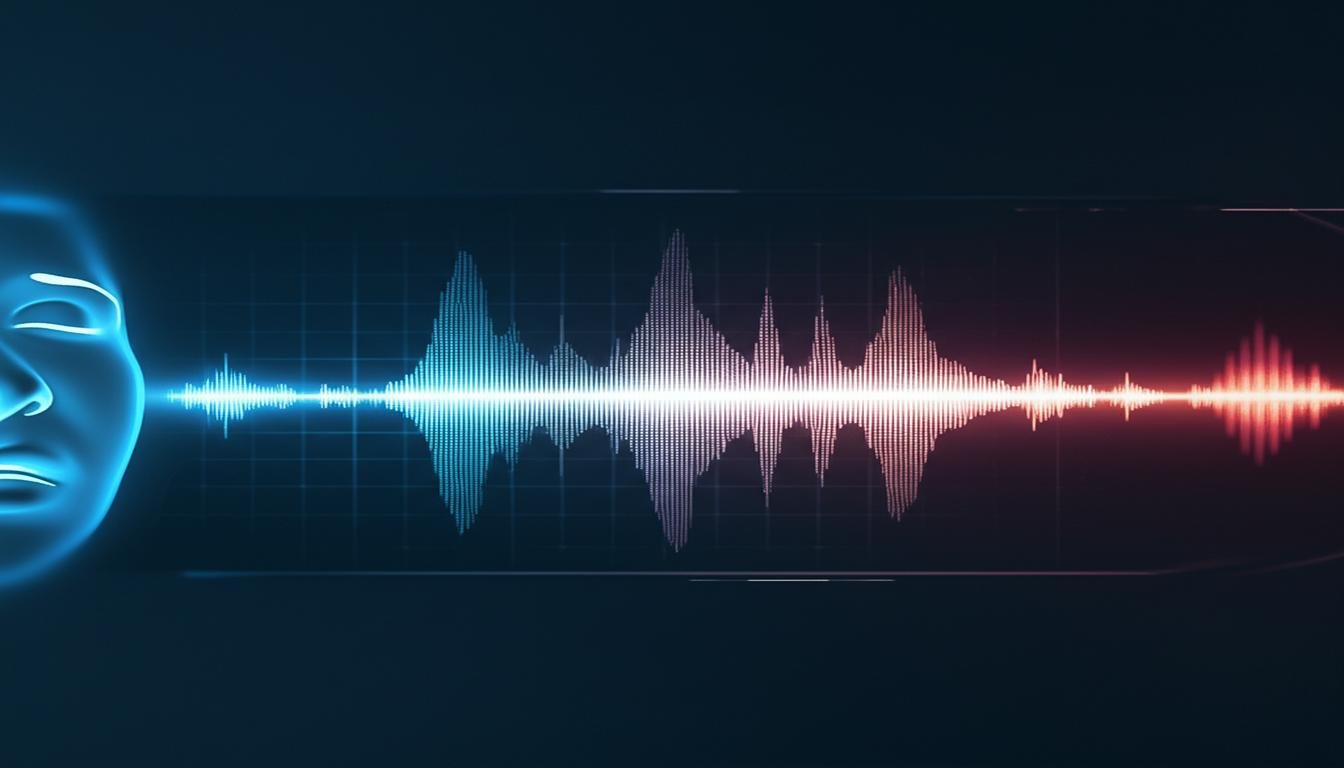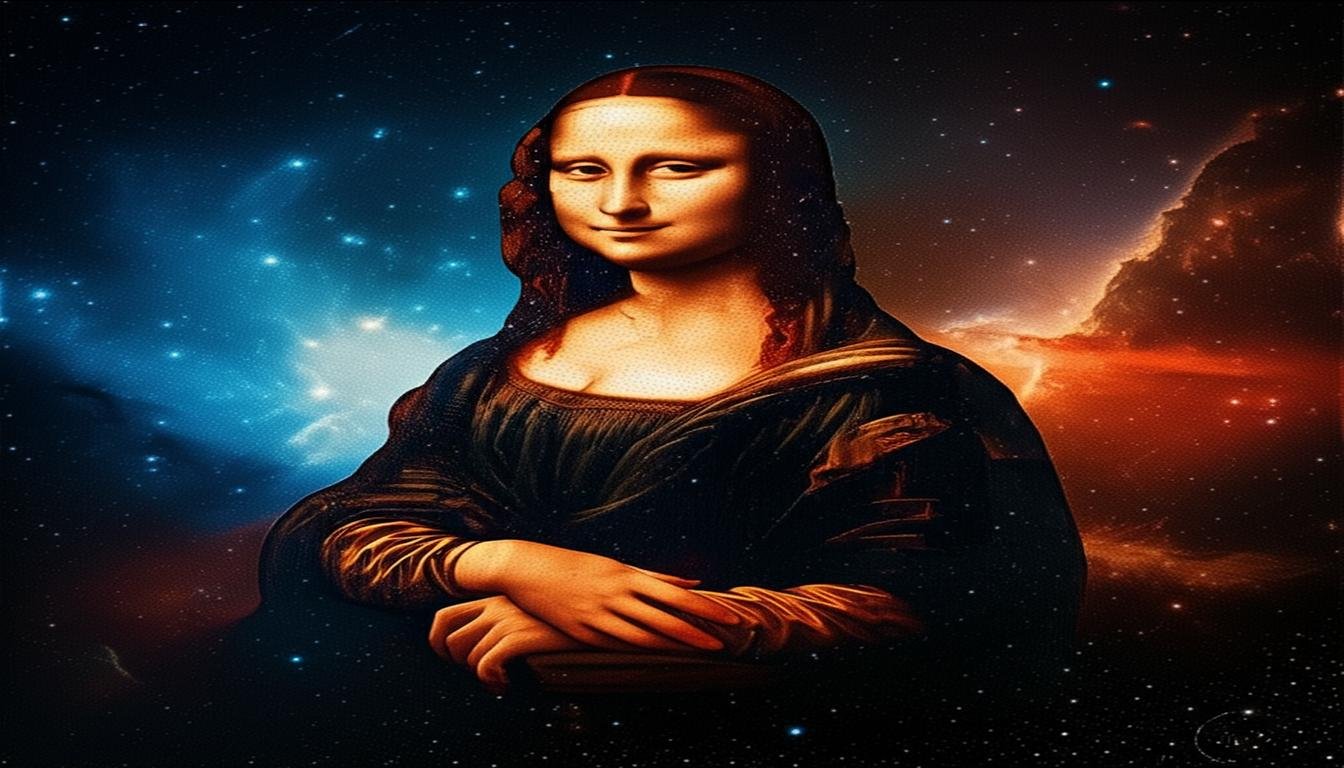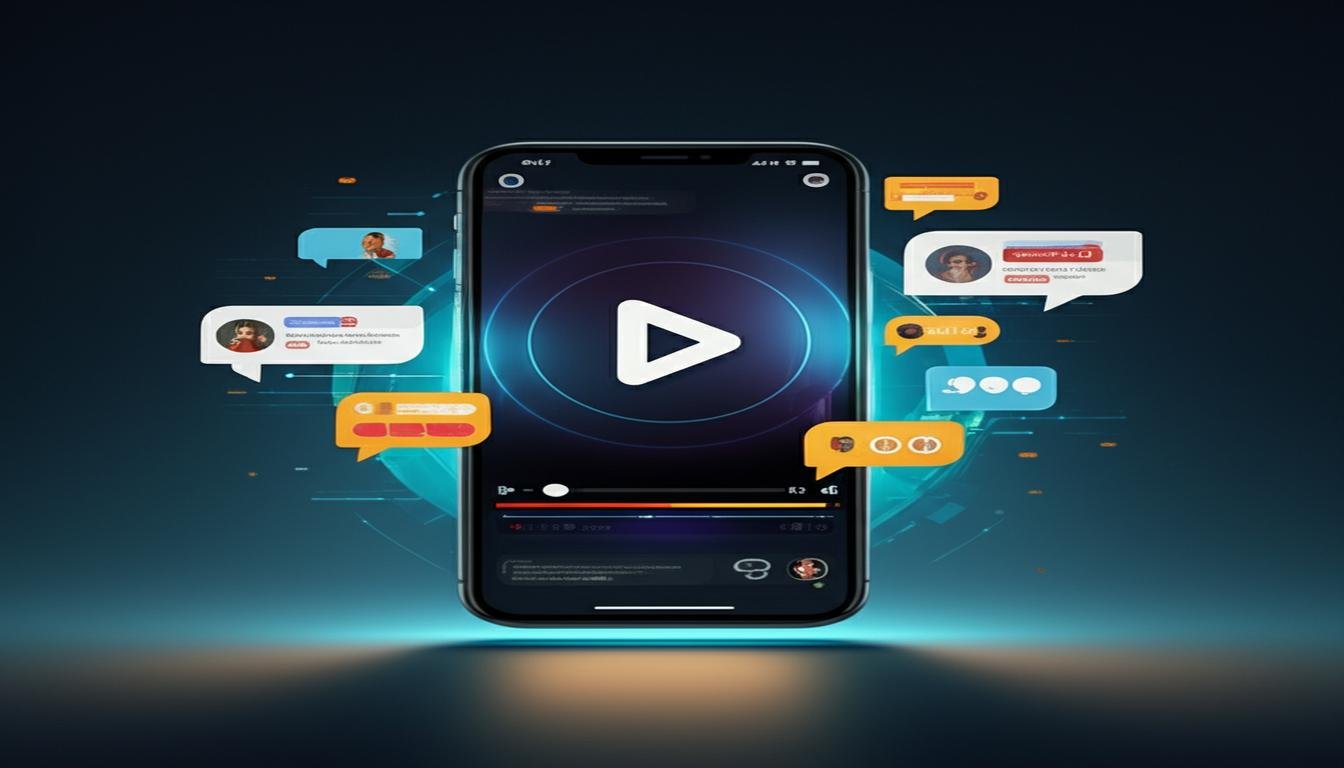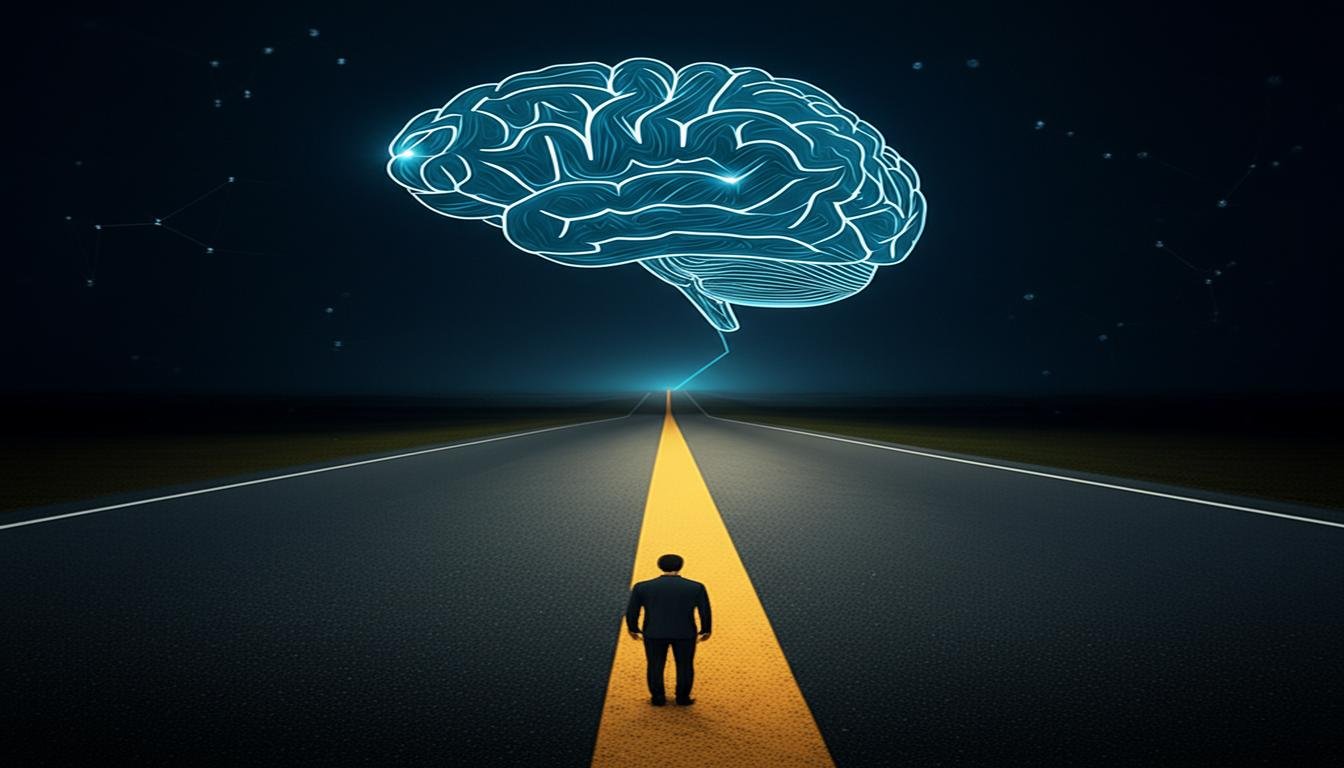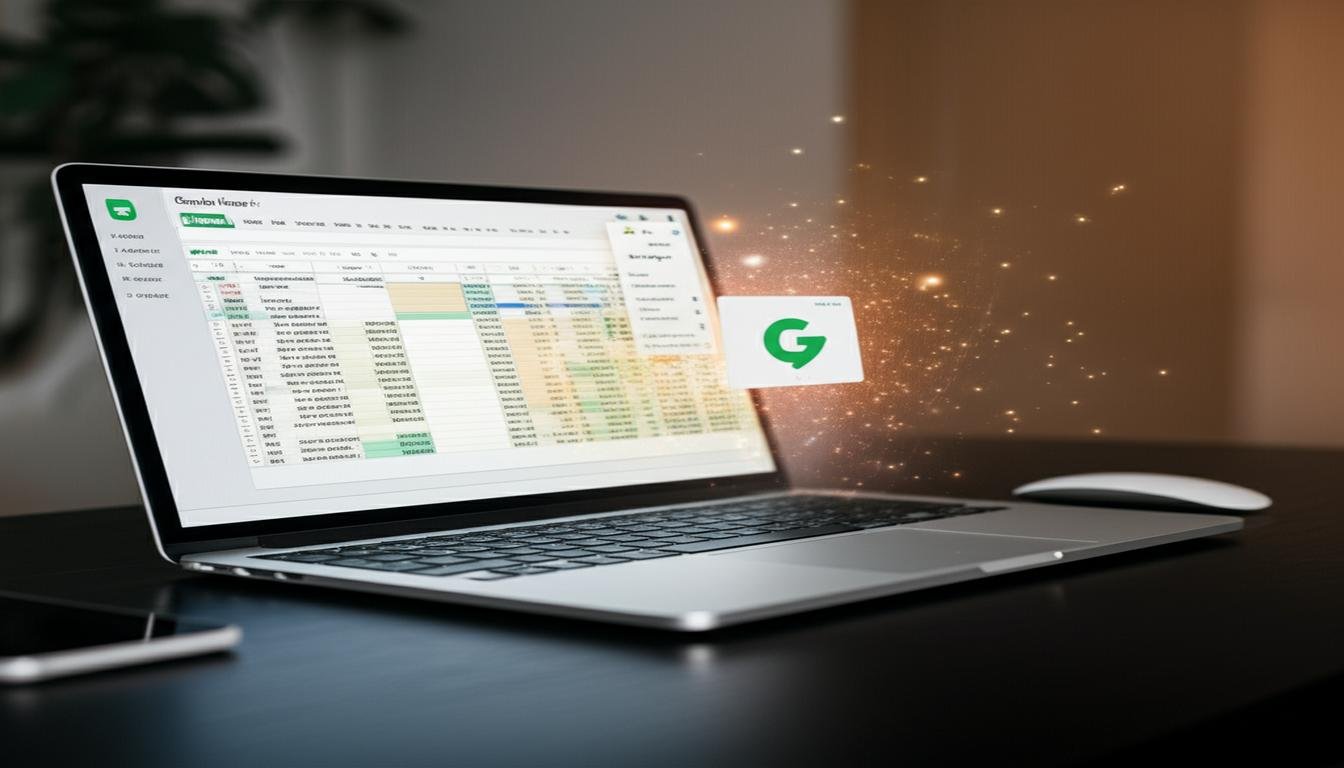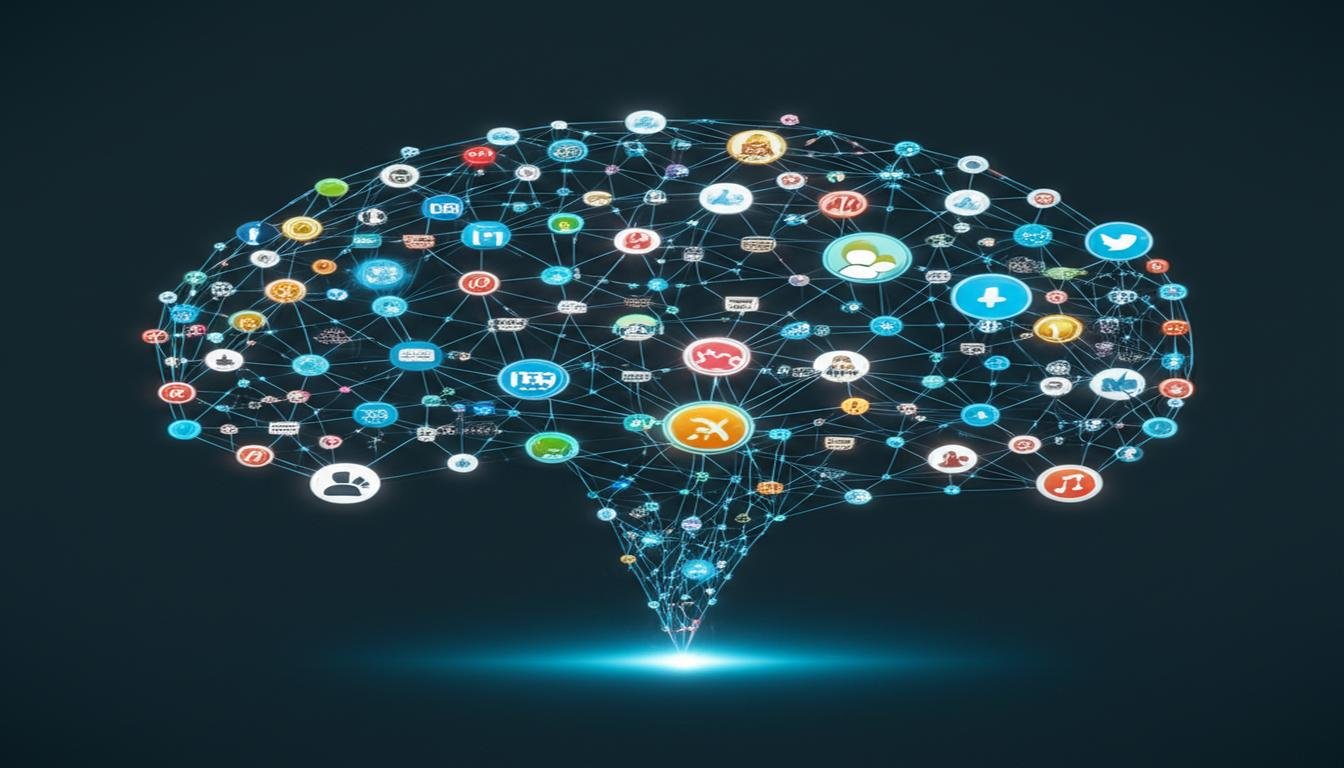AI Just Won an Art Contest – And the Internet Is Divided
Imagine scrolling through your social media feed, minding your own business, when suddenly you see a headline that stops you cold: “AI-Generated Artwork Wins State Fair Art Competition.” Wait, what? An artificial intelligence, a computer program, just beat out human artists for a top prize? If that sounds wild, it’s because it absolutely is – and it’s sent shockwaves through the art world and the internet, sparking a huge debate.
This isn’t some futuristic sci-fi plot; it really happened. A digital artwork, created with a powerful AI tool called Midjourney, recently clinched first place in the digital art category at a prestigious competition. The moment the news broke, the online world erupted. Some cheered it as a sign of incredible technological advancement, while others cried foul, claiming it fundamentally undermines the very essence of human creativity.
The Spark That Ignited the Debate
So, let’s get into the nitty-gritty. The winning piece was a stunning, almost painterly image that really did look like something a skilled human artist might create. But here’s the rub: its creator admitted he used an AI program, typing in descriptive prompts and letting the machine learning algorithms do the heavy lifting. He then refined and upscaled the image, but the core visual concept came from the AI.
This revelation immediately split opinions down the middle. For many traditional artists and art lovers, it felt like a slap in the face. They argued that art is about human emotion, struggle, vision, and the physical act of creation. How can an algorithm, which doesn’t feel or imagine, produce “art” worthy of an award?
Others were quick to defend the use of AI, suggesting it’s merely a new tool, like a camera or a specialized brush. They point out that artists have always adapted to new technologies. Is using a digital painting program any less “art” than using oil paints? This new AI art opens up incredible possibilities for visual expression, allowing people without traditional art skills to bring their visions to life.
“It’s Not Art!” – The Traditionalist View
The core argument from this side is deeply rooted in what many believe defines art itself. For them, art isn’t just about the final image; it’s about the journey. It’s the sweat, the mistakes, the unique perspective, and the hours poured into honing a craft. They argue:
- Lack of Human Intent: An AI doesn’t have emotions, experiences, or a unique worldview that informs its “creations.” It processes data.
- Unfair Competition: How can a human, spending countless hours mastering a skill, compete against a program that can generate hundreds of complex images in minutes?
- Devaluation of Skill: If machines can win, does it make human artistic skill less valuable?
There’s a genuine fear that AI could diminish the value of genuine artistic talent and the human touch that makes art so profoundly moving.
“It’s a Tool!” – The Progressive Perspective
On the other side of the fence, you have those who embrace this technological leap. They see AI as an incredible opportunity, a powerful new instrument in the artist’s toolkit. Their points are compelling:
- New Medium, New Possibilities: Just as photography changed art, AI offers a fresh avenue for exploration and creation.
- Empowering New Artists: People who might lack traditional drawing or painting skills can now articulate their ideas visually, fostering more creativity.
- Human Guidance is Key: Proponents argue that the human element of crafting the prompts, refining the outputs, and curating the final piece is still a vital artistic act. It’s about directing the AI, not just letting it run wild.
For these folks, dismissing AI art is like refusing to acknowledge digital photography because it isn’t “real” painting. They believe it’s about evolution, not replacement.
Where Do We Go From Here? Navigating the New Frontier
This AI art contest win forces us to confront some big questions. What exactly defines “art” in an age where algorithms can produce stunning visuals? Is the creative process solely about manual skill, or does it include the conceptualization and direction of powerful tools?
Beyond the philosophical debates, there are practical concerns. Intellectual property is a huge one – who owns the copyright to AI-generated art? What about the data used to train these AIs, often scraped from human artists’ works without permission? These are complex ethical considerations that need addressing.
This incident is just the beginning. We’re likely to see more AI-generated works winning awards, challenging our perceptions, and forcing us to adapt. The rules for art contests, definitions of categories, and even the role of the artist itself are all up for discussion. It’s an exciting, albeit unsettling, time in the world of art.
The Future Canvas: Collaboration or Competition?
So, is AI a threat to human creativity or its most exciting new partner? The internet remains divided, and there’s no easy answer. This debate isn’t going away anytime soon, and that’s probably a good thing. It pushes us to think deeper about what we value in art, what truly defines a creative act, and how we want to integrate powerful new technologies into our lives.
Ultimately, the future of art might not be about humans versus AI, but about how humans choose to collaborate with, guide, and even compete against these powerful tools. It’s a conversation we all need to be part of as our world continues to blend human ingenuity with machine capabilities. What side of the debate are you on?



